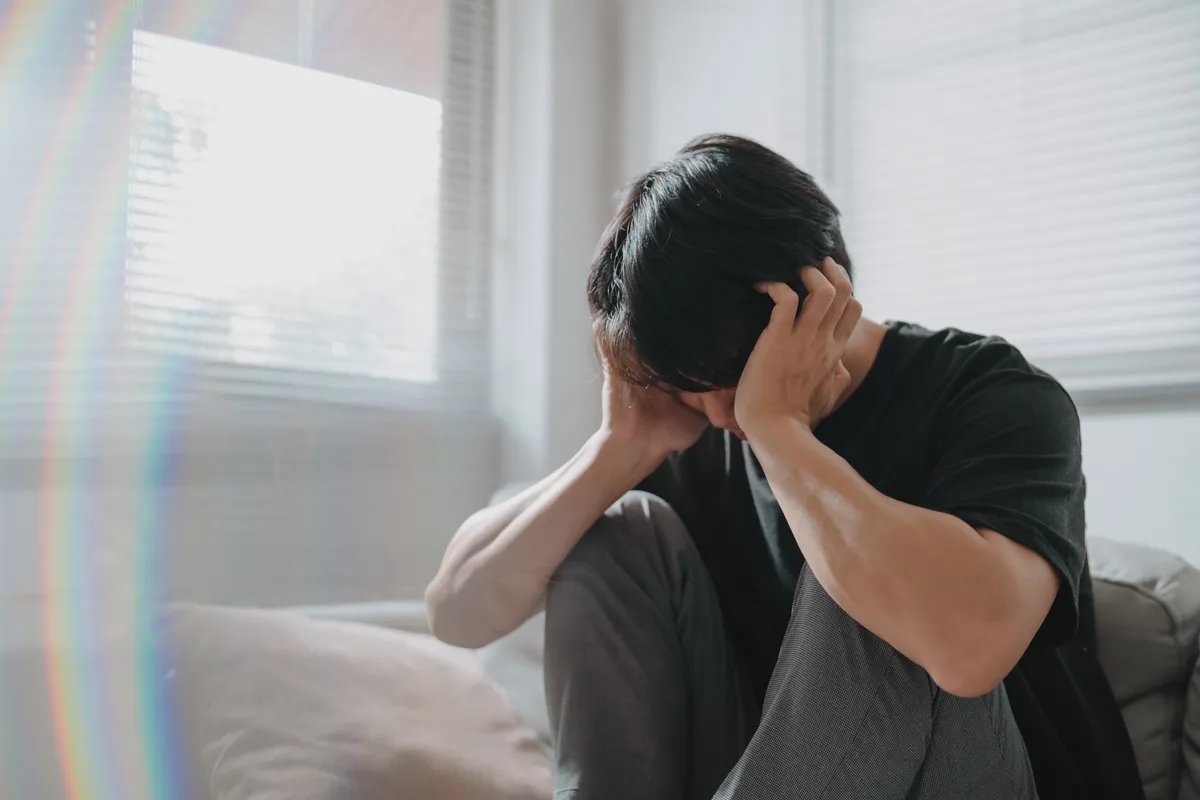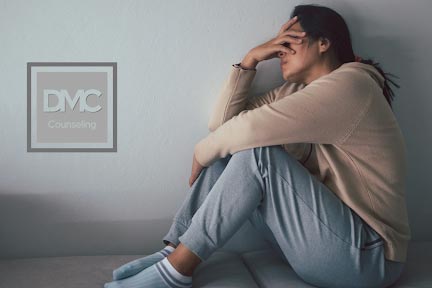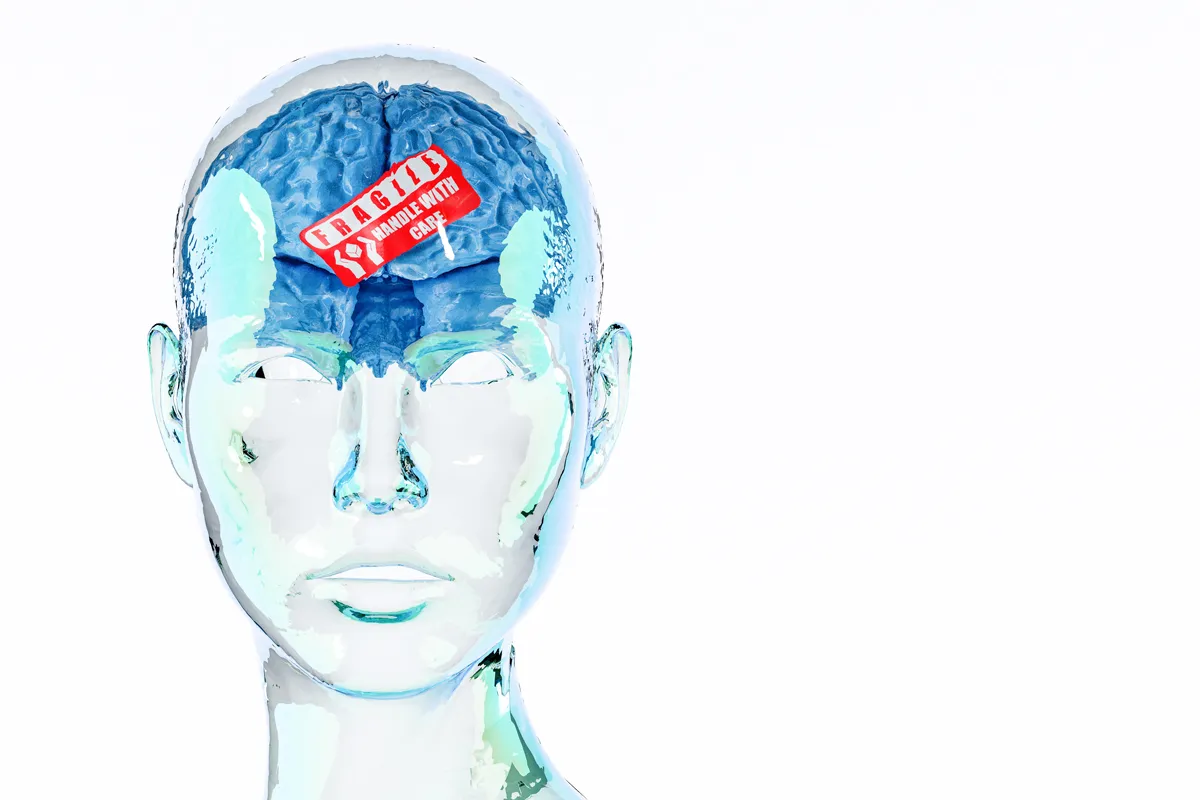Congratulations to you or your friend that just gave birth! Welcoming a child into the world can be one of the best moments throughout your life or even the best. Even though you could be at an all-time high in your life, you could quickly fall into postpartum depression. If you are a friend of someone who just gave birth and they are experiencing signs of postpartum depression, here is your guide to how to support a friend with postpartum depression.
Postpartum emotions tend to fluctuate in women with excitement and anxiety included. It is common for new or current moms to experience postpartum depression for a few days to a few weeks.
When consulting a friend about these signs and symptoms of postpartum depression, know that they are not weak and there are various options to consider in getting them the help they deserve.
With that being said, it is vital to have them connect with their baby and manage their symptoms.
Identifying Signs Of Postpartum Depression
Everyone wants to help a friend when they are in need or ill. It can be exciting for you to witness your friend turn into a parent or add another member of their family.
Unfortunately, this can come with baby blues or postpartum depression, so it is important to identify the signs of it in your friend.
Some signs as a friend to identify postpartum depression include:
- Anxiety
- Crying
- Mood swings
- Dietary issues
- Distancing
- Lack of sleep
- Being overwhelmed
- Body dysphoria
Symptoms Of Postpartum Depression
It is common for new moms to mistake postpartum depression with the early on baby blues that are common. Once you recognize that it has been longer than a usual time (2 weeks – 2 months) to recover, that is when you should speak with your friend. Make sure your friend knows that you are a safe place to chat about feeling they might be having. Just know these symptoms can take a while to recover fully from and can take up to a year to do so.
Knowing this, here are the symptoms to watch out for how to support a friend with postpartum depression:
- Crying uncontrollably
- Not eating
- Extended mood swing
- Lack of energy
- Trouble sleeping or insomnia
- Distancing from family and friends
- Noticeable weight loss or gain
- Lashing out at others
- Motherhood doubts
- Self harm or harming the baby
- Panic attacks and anxiety
- Loss of interest in daily activities
- Trouble bonding with baby
- Suicidal thoughts (If you are experiencing sucidal thoughts click here for more information)
If these symptoms go untreated expect them to last longer in your postpartum friend or yourself. It is prominent for you to seek out the form of treatment depending on your symptoms.
Diagnosis Of Postpartum Depression:
Once you seek help for you or your friend’s postpartum depression, you will have a conversation with your doctor. Your doctor will be able to diagnose the severity of your depression and outline your options from there.
Tell your doctor about the signs and symptoms that you are feeling, so the doctor can point you to the correct treatment. This is crucial to see if you have short-term or more long-term depression based on your symptoms. Your mental health and thoughts are important in the early stages after birth and the last thing you want to do is have that affect your child.
Treatments For Postpartum Depression
There are various ways to treat postpartum depression in women depending on their specific diagnosis.
If you have any physical medical conditions, your doctor will have you seek out another doctor to treat the underlying illness. If your doctor feels that your depression could be treated better by a mental health professional then that will be your best option to recover.
There are various therapy treatments that are used to treat PPD. The treatment your friend or you will most likely be treated by is psychotherapy and medication.
Psychotherapy is a mental health counseling and a way to work through problems you are having by talking them out. This conversation will help you develop methods of how to overcome any hardships that come with postpartum depression.
If you are a friend of someone with PPD and know a therapist, let them know how therapy helped you overcome your depression. This is the best way to know how to support a friend with postpartum depression by referring them to get help if you have experienced PPD yourself. Also, individual therapy is great for PPD, but the fathers can experience postpartum depression as well, so another option is couples therapy or even family therapy.
With the correct treatment, your symptoms will more than likely improve for the better. If treated poorly or not at all, symptoms can continue to spiral and translate into a more severe depression. You want to be able to be fully back to how you felt before birth and continuing with therapy will get you there.
Seeking Help For Your Friend With Postpartum Depression
Now that you have learned the signs, symptoms of PPD, hopefully, you know how to support a friend with postpartum depression.
If you are experiencing or know of a friend that just gave birth and are noticing any signs or symptoms of postpartum depression, make sure you speak up and seek help. If you are single, try the individual therapy that we offer.
If you are in a relationship or married, you could work out your postpartum depression with your partner as long as you are okay with that. You will have the opportunity to learn why these symptoms may be occurring and find ways to cope or overcome postpartum depression.
If you are looking for help, check out our individual therapy or couples therapy treatments that will benefit you and get you back to enjoying your life with your newborn.
Remember you or your friend are not the only ones experiencing postpartum depression, but it’s always important to check in with someone who just gave birth. I offer individual counseling or couples therapy to help you work through your depression and get back to feeling like yourself, contact me here!








